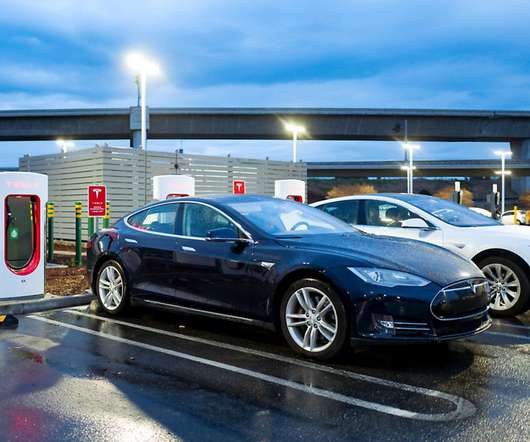Fossil Fuels Renewable Energy and EV Modern Life
Setec Powerr
DECEMBER 5, 2022
Fossil fuels are expensive and environmentally destructive. In the United States, most of our use of fossil fuels is for transportation. Here in New York City, where we have a population density that supports a mass transit system, most of our fossil fuel use is to power our buildings.















Let's personalize your content